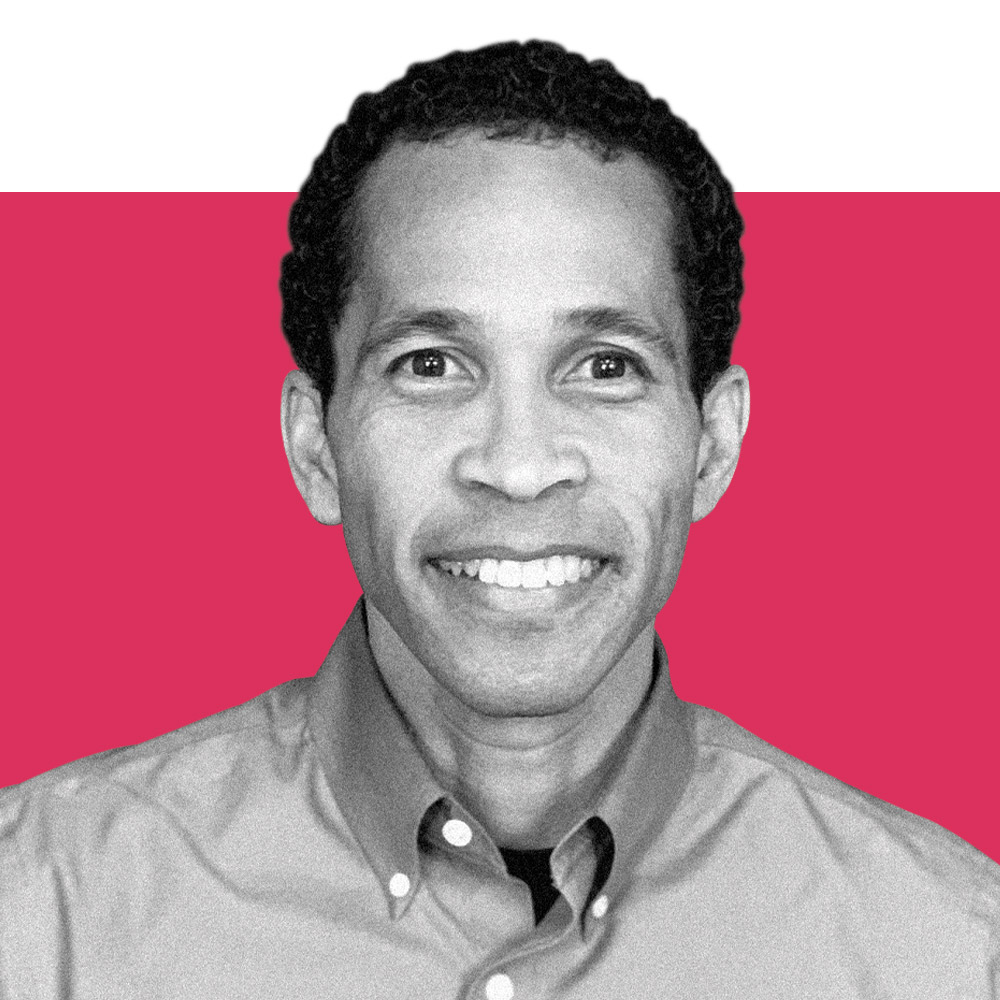
n 2009, Laval Miller-Wilson L’95 arrived at the Philadelphia Health Law Project to serve as its new Executive Director. He was eager for a leadership role and suspected that the US health insurance system would soon be reformed. He was right. Just a year after Miller-Wilson arrived at PHLP, President Obama signed the Affordable Care Act (ACA) into law, transforming this Pennsylvanian firm’s work and the lives of millions of Americans.
Founded in 1981, PHLP is a nonprofit organization that helps vulnerable Pennsylvanians and people with limited incomes get the healthcare they need. Miller-Wilson oversees a team of nineteen people, including ten lawyers, spread across three offices (Philadelphia, Harrisburg, and Pittsburgh). They are experts in Medicaid, the provider of health insurance coverage for about one in five Pennsylvanians and the largest payer for long-term care services in the community and nursing homes.
Miller-Wilson and his PHLP colleagues were very pleased Pennsylvania expanded Medicaid coverage when given the chance through the ACA. “We’re in a better place than we were [in 2009] during the Great Recession because Medicaid can now cover tens of thousands of Pennsylvanians who are unfortunately losing their employer-sponsored health insurance coverage.” But less of PHLP’s work is focused on getting people covered, and more time is being spent challenging insurance companies to authorize medically necessary services and supports.
“Many of our clients are people — children, adults, seniors — with chronic conditions and often need in-home care,” explains Miller-Wilson. “Our clients, especially during this COVID pandemic, want to live at home. They need and want assistance with activities of daily living, such as eating, bathing, or toileting.” Miller-Wilson notes that many people do not realize that Medicaid pays for this type of care, and it has not ebbed because of the pandemic. “We fight to cut through red tape and hold Medicaid managed care plans accountable,” says Miller-Wilson. Especially because state policymakers have increasingly used private managed care companies to authorize, manage, and deliver medical, nursing home and home and community-based services for the Medicaid population.
When the coronavirus pandemic hit the United States, PHLP also found they had to contend with a new challenge: the digital divide. Medicaid enrollees are more likely to rely on public transportation and may not have the technologies necessary to engage in telemedicine. Some lack laptops and smartphones. Others live in rural locales where they do not have enough bandwidth.
Miller-Wilson would like to see a compassionate health insurance system that protects the most vulnerable. “We’ve been such on the defense since the passage of the ACA, which was really a modest expansion of health insurance coverage. It was not single payer. I would like to get to a place of normalcy, where we do not have as many attacks on the coverage. I am especially worried about Medicaid getting demonized for its spending. While it may sound attractive to reduce Medicaid funding, people with profound disabilities will suffer if Medicaid is not valued and prioritized.”
“I often hear, ‘you need to work for your insurance, nothing is free,’” he continues. “Or ‘you need to show you are looking for work, and if you can’t find work, then there should be time limits to Medicaid.’ This approach, where you’re holding health insurance hostage for work, is something we need to overcome. It really is anathema to how we should think about health insurance coverage in the United States. Healthcare from employment.”